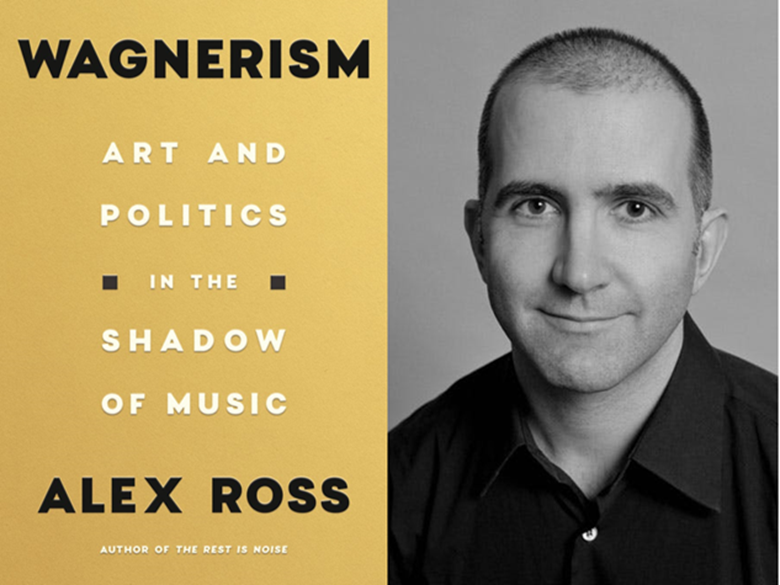The Long View | Woke-ism and Wagnerism
Andrew Mellor
Friday, October 29, 2021
There is no single unassailable truth when it comes to Wagner – which is the whole messy, non-binary, fascinating reality of art and history


Register now to continue reading
Don’t miss out on our dedicated coverage of the classical music world. Register today to enjoy the following benefits:
- Unlimited access to news pages
- Free weekly email newsletter
- Free access to two subscriber-only articles per month